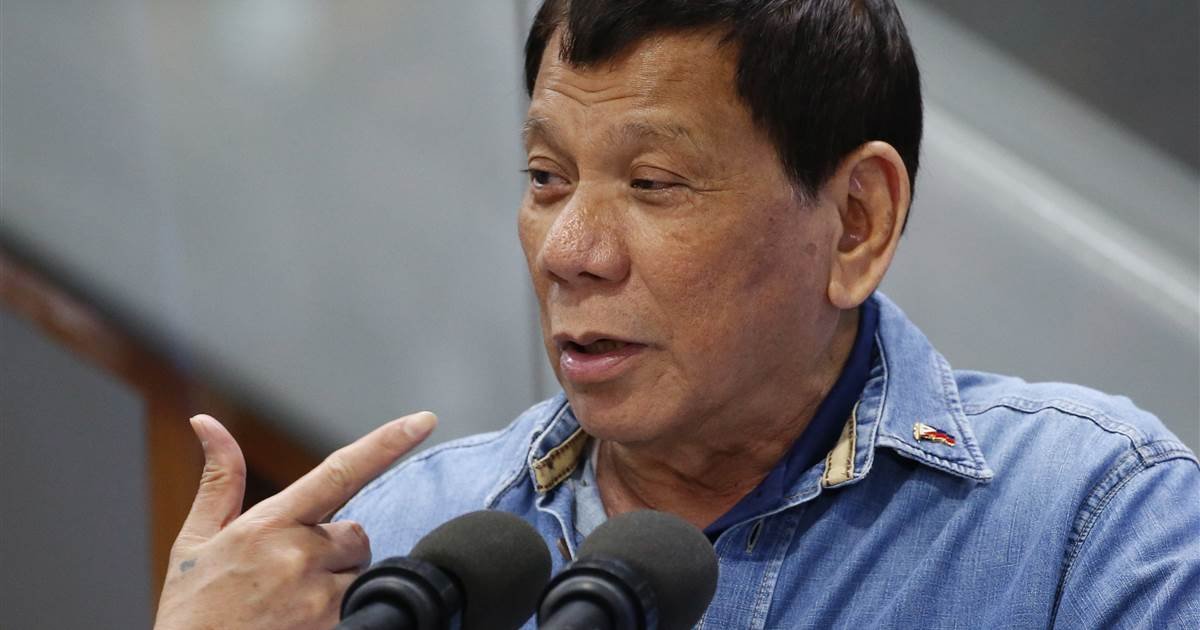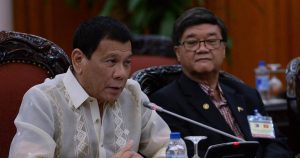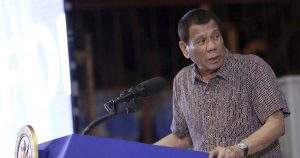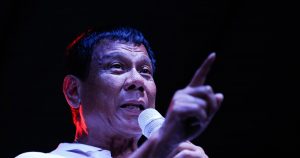Rodrigo Duterte, the strongman who has taken hold of the Philippines and who apparently has no intention of letting it go that easily has instituted the world’s toughest coronavirus lockdown, which many critics are now clamoring to frame as a means of unnecessary political suppression in disguise of strict public hygiene policy.
Currently, the Filipinos have, depending on which province, gone through quarantine periods nearing 3 months, a devastating blow to the said province’s economy and overall gist. It is up to par with only few others in concerns to the lengths and severity of the lockdown policy. The surprising thing was that the policy did not include any back up plans that would substitute the missing productions of the most essential produces, such as rice. Unemployment rates soared, and the starving people went on to the streets to protest, but Duterte had explicitly ordered that the police was authorized to “shoot … dead” anyone who violated virus restrictions.
“I will not hesitate. My orders are to the police, the military and the barangays: If they become unruly and they fight you and your lives are endangered, shoot them dead,” Duterte said in a relevant public statement afterwards.
Quarantine has been thawed as of June, as the government was faced with imminent threats to the economy. However, that measure, again unsubstantiated with a viable plan to save the country in both health and economy was absent, and the reopening caused a surge of the second-highest number of confirmed cases in Southeast Asia.
More than 5000 people were infected in a single day on Sunday, which led to a staggering aggregate number of 100,000 infections. Manila, retrospectively, returns to a weakened version of lockdown this week. The measure will restrict those under 21 or over 60 to remain at home at all times, a very dire tactic indeed.
However, using the silence in the streets, Duterte has managed to use his infamous anti-terror bill that would forever shun any opposition. The virus is now being used as his ultimate weapon of silence.
Supporters of the law, which greatly expands the definition of terrorism, say it is necessary for national security and a valuable tool to protect the Philippines from terrorist attacks.
Opponents claim the government has used the lockdown as pretext to force through its introduction with minimal resistance. “If (this) happened at a time when we weren’t under quarantine, there would have been mass protests outside,” said Maria Ressa, a journalist and critic of the Duterte administration.
“For Filipinos, to do that meant risking not just the virus, but risking arrest. And if the virus doesn’t get you, prison will.”
If you liked this article, please LIKE SHARE AND COMMENT below! And don’t forget to check our other articles along the way!
Replaced!





